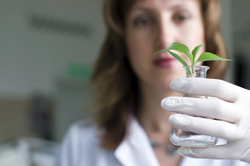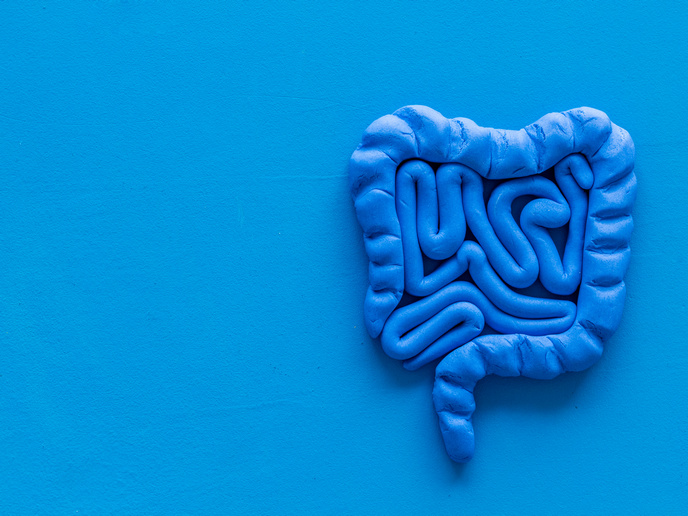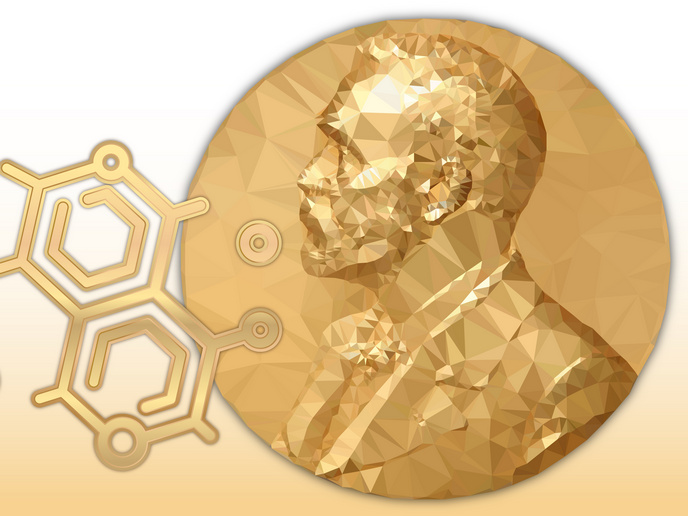Directing the cell cycle show
The cell cycle is the series of events ultimately leading to cell division. Controlling the cell cycle may be one key to switching cell division on and off as needed. As such, scientists would then have a lever on the plant calendar - from germination and growth, right through to reproduction. One major group of genes implicated in cell cycle control in plants is the F-box family. The model plant Arabadopsis may be small but its genetics have revealed some large surprises in this area. Research has shown that it has several hundreds of F-box protein genes compared to yeast, for example, with only a few. ECCO scientists aimed to identify members of this group of proteins - from the encoded F-box genes - that play a role in the cell cycle. The approach they took was to identify the substrates of the F-box proteins, that is, their molecular targets. If the substrates were cell cycle proteins, then it follows that the corresponding F-box representative has a role in the cycle. The project researchers devised a strategy to identify these protein substrates. They used an unsuspecting carrier - a pathogenic bacterium Agrobacterium - that causes plant tumours. During infection, the bacterium transfers its own DNA as well as material added by the plant scientist. Wild type proteins and those with the F-box portion deleted were studied and compared. As the proteins form a complex with their substrates, these were purified, analysed and identified. Processes used included the relevant versions of chromatography, electrophoresis and spectrometry. The results were very encouraging and point to at least two F-box proteins with a potential role in the cell cycle. Information on the structure and function of proteins is a very useful tool. For the future, protein engineering can induce these molecules to halt or promote plant cell division as required.







